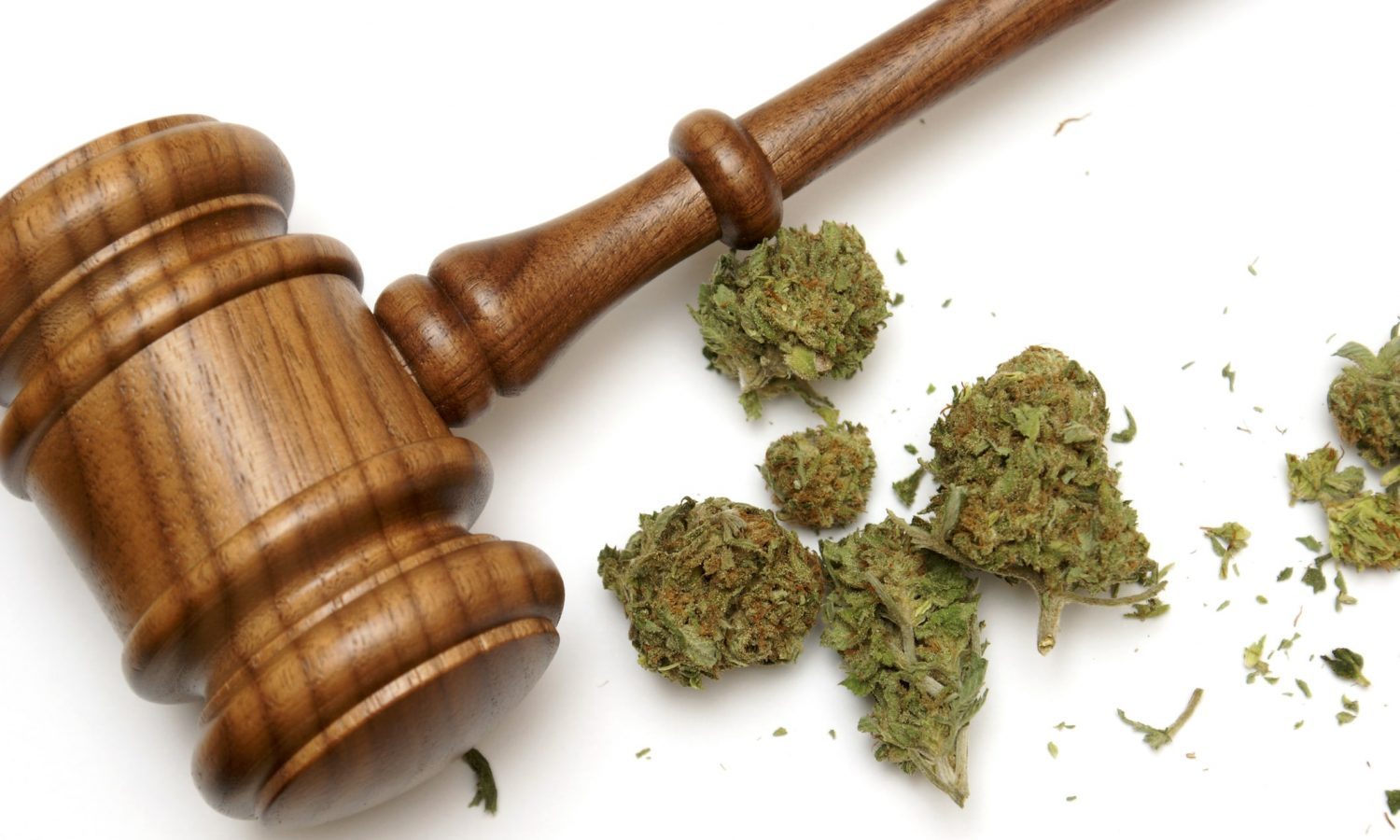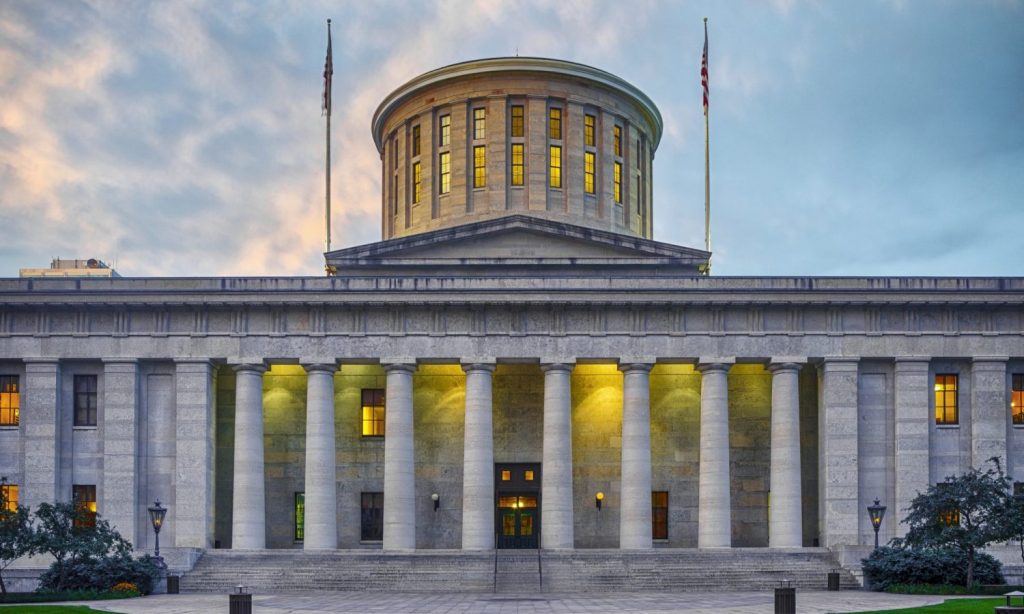
By Nina Zdinjak
A bill to legalize cannabis possession, production and sales was officially filed for the first time in the state of Ohio on Friday. The legislation was submitted by state Reps. Casey Weinstein (D) and Terrence Upchurch (D), after weeks of trying to gather more support for the proposal, reported Marijuana Moment.
“It’s time to lead Ohio forward,” Weinstein stated. “This is a big step for criminal justice reform, for our veterans, for economic opportunity, and for our individual liberties.”

The 180-page measure proposes legalizing the possession of up to five ounces of cannabis for adults 21 and older and the cultivation of up to 12 plants for personal use. Some of the provisions seek to expunge prior convictions for possession and cultivations of small amounts of cannabis.
‘More Than Legalization’
“This bill is much needed in Ohio, and it’s time for Ohio to become a national leader in marijuana decriminalization and legalization,” Upchurch stated. “This bill is more than just about legalization, it’s about economic and workforce development, it’s about decriminalization, and it’s about healthcare! The time is now, and I look forward to getting this done in a bipartisan fashion.”
RELATED: Ohio House Dems To File First-Ever Adult-Use Cannabis Legalization Bill
While many expect that Ohio Gov. Mike DeWine (R) will oppose the bill, many more are optimistic based on the fact that efforts undertaken over the past several years have shown that a vast majority of Ohio voters support marijuana legalization.
The Ohio Department of Commerce would be in charge of managing legal cannabis program and issuing business licenses. The proposal highlighted that Ohio’s current medical marijuana program would not be affected by the recreational market.
A 10% excise tax would be imposed on marijuana sales, with revenue first going toward the cost of implementation and then being divided among municipalities with at least one cannabis shop (15%), counties with at least one shop (15%), K-12 education (35%) and infrastructure (35%).
This article originally appeared on Benzinga and has been reposted with permission.




